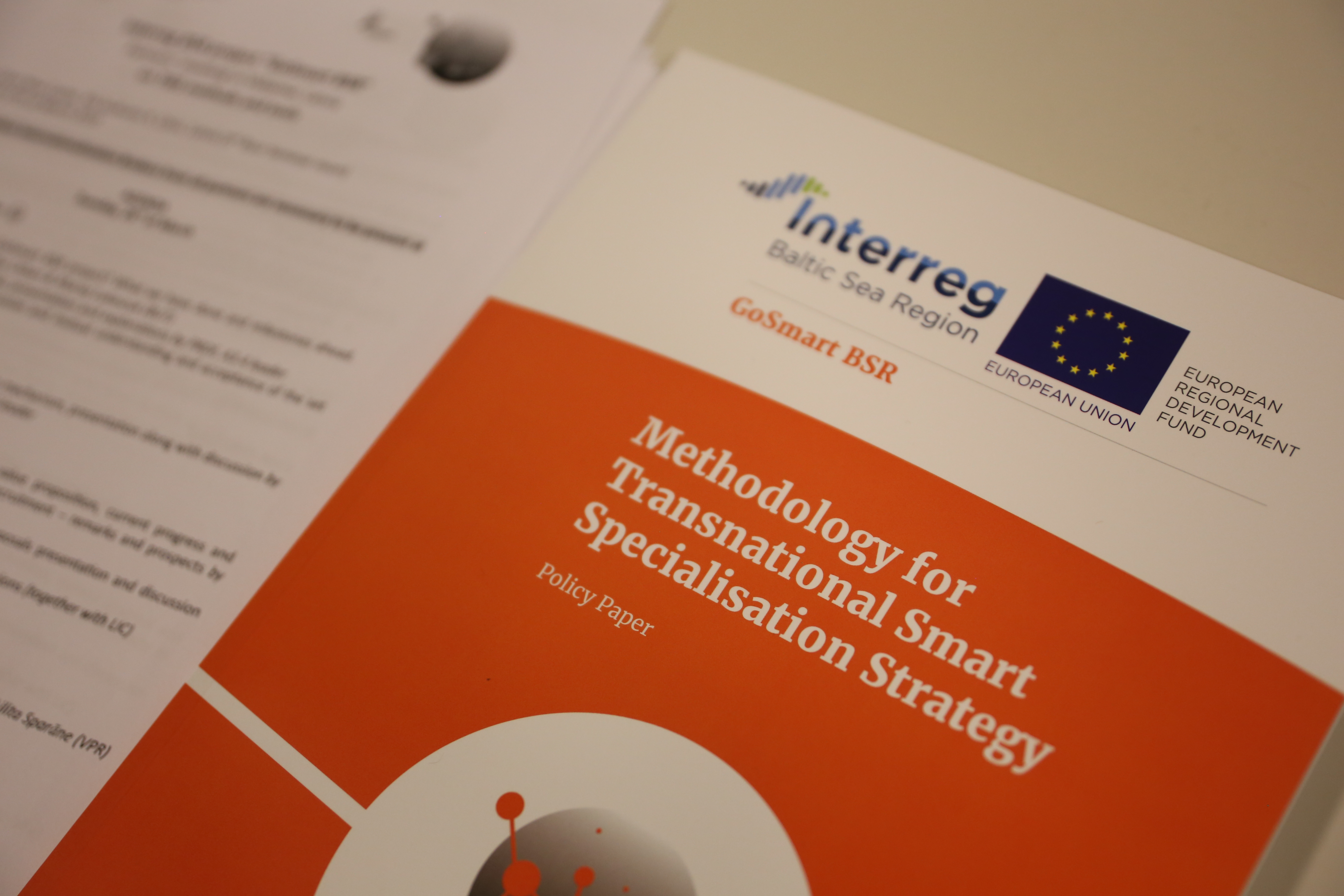Within Excel project consortium will work towards the development of the Trans-S3 for the Baltic Sea Region, but before that is done, we encourage you to learn on how it will be done – methodology for transnational smart specialisation strategy.
Methodology for TRANS-S3
Smart specialisation has become the buzzword of recent years, especially among those working in the areas of innovation, regional competitiveness and development, SMEs development, etc. The question is whether this attractive term will also become an effective policy concept and be equipped with appropriate instruments to take regions and their economies to higher, more productive and competitive levels. In this light, we have decided to add to the many efforts of turning smart specialisation into better policy and practice.
By identifying the underlying essence smart specialisation as ‘becoming globally competitive in selected combination of sector/technology/theme/knowledge domains’, we have engaged several regions of the Baltic Sea Region from Denmark, Estonia, Finland, Germany, Latvia, Lithuania and Poland, to work out their common smart specialisation priorities and specific domains which are considered ‘opportunity areas’ of establishing joint, globally competitive positions. This, we believe, will be possible only by practical and business-driven innovative projects of key economic actors, specifically small and medium-size enterprises (SMEs) which are forced to compete not by scale but by ‘smartness’, and which need wise, structured policy support.
At this stage of our journey on the smart specialisation road, we are glad to present you with a methodological proposal for Transnational Smart Specialisation Strategy (Trans-S3) which we believe can be universally applied to any group of regions. This is our first major product within the ‘Strengthening smart specialisation by fostering transnational cooperation (GoSmart BSR)’ project (2017-2020). We consider this methodology a useful policy tool for internationalisation and innovation at the transnational level. It will be to our great satisfaction if many policy makers across Europe get familiar with the proposed methods and apply them their own regions and countries to build global competitiveness based on their shared strengths and opportunities.
Wiesław Urban,
GoSmart BSR Project Coordinator




